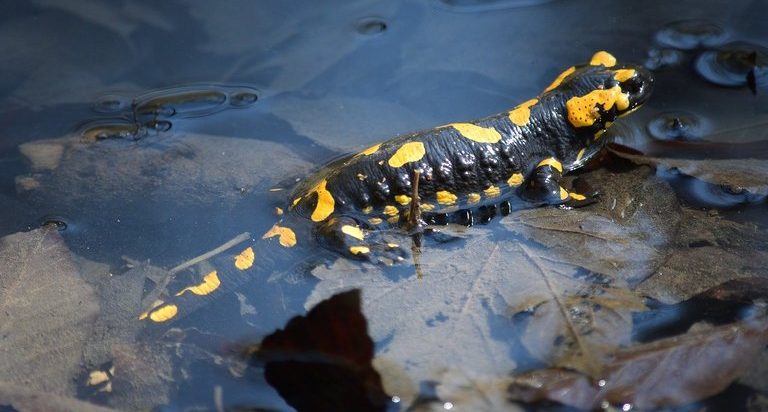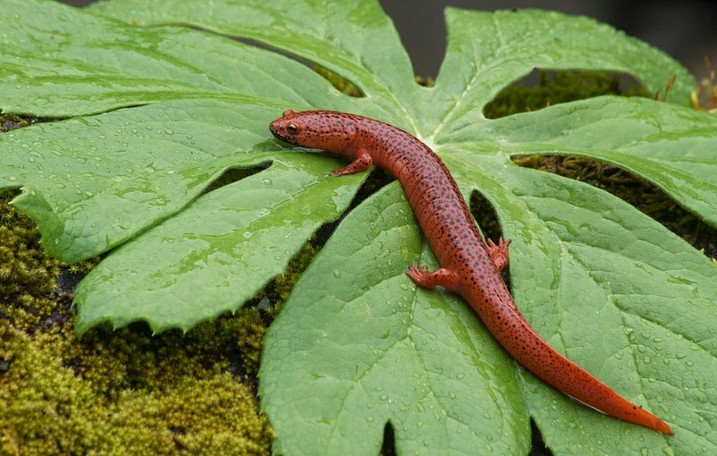Do Salamanders Attack Humans?
When people think of wild animals, scary images often pop into their minds. Many imagine creatures that could hurt people. But salamanders are very different from those scary animals. They are quiet, gentle amphibians who live both on land and in water. Salamanders do not attack humans. They are small, shy animals that want to … Read more






